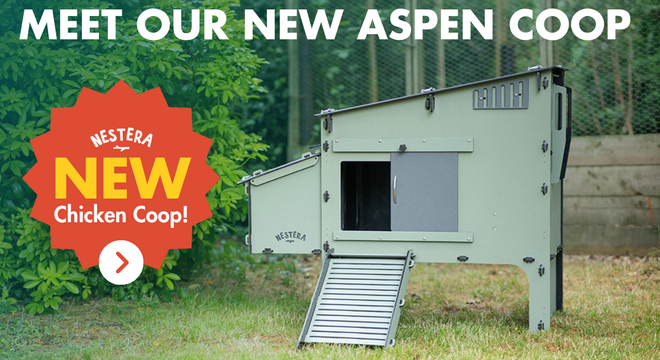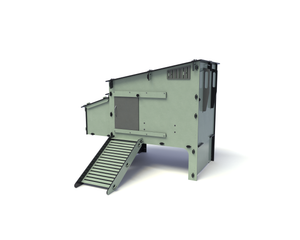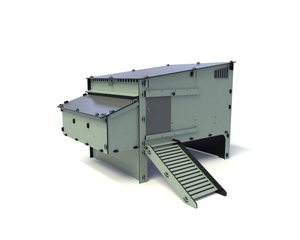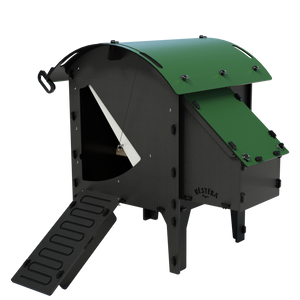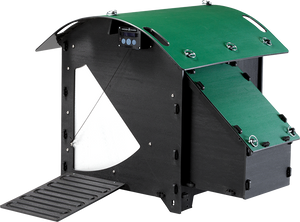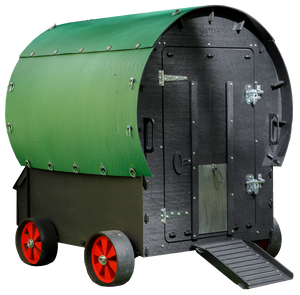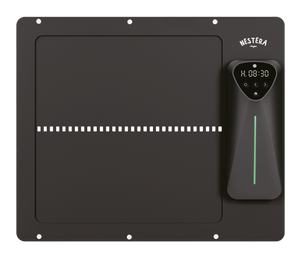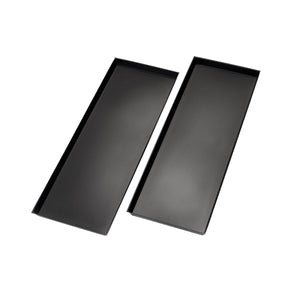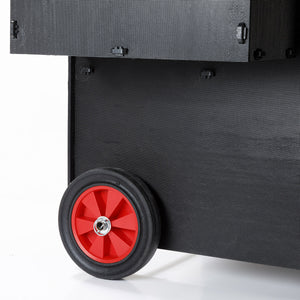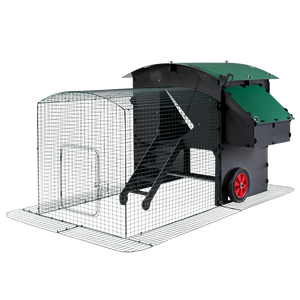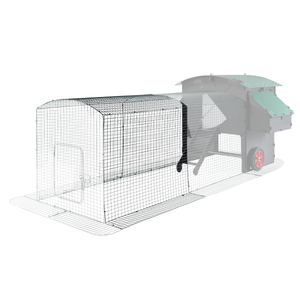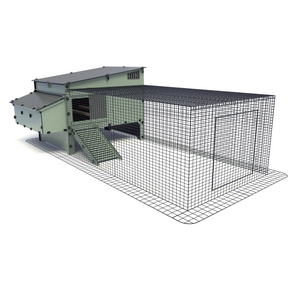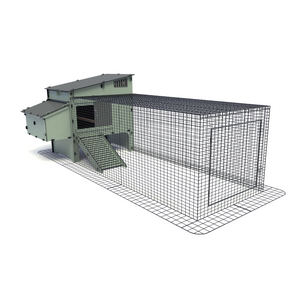For the well-being of your hens, ensure they receive appropriate nutrition all their life. Just like humans, chickens have different dietary requirements as they grow and mature.
In this article, we discuss the types of food that hens eat at various ages. We also cover their diet from a young age until they start laying eggs and explain the significance of each type of food.
1. Chick Crumb: The Starting Point
When you first welcome adorable fluffy chicks into your coop, their nutritional journey begins with chick crumb. We specially give them chick crumb to meet the dietary needs of baby chicks. It's finely ground and easy for the young chicks to consume. This feed provides essential nutrients and proteins required for healthy growth and development.
2. Progressing to Pellets or Mash: Growers' or Layers' Feed
As your chicks grow and feather out, they'll eventually graduate from chick crumb to either pellets or mash. The choice between pellets or mash often depends on personal preference and availability. Both forms serve the same purpose, providing the necessary nutrients for your growing hens.
- Growers' Mash or Pellets: This feed is typically given to chickens from the age of about 6 weeks to 16 weeks. It supports their growth and development as they transition from chicks to young pullets. The growers' feed is formulated to provide the right balance of protein and nutrients without excess calcium.
- Layers' Mash or Pellets: Once your hens reach the age of 16 weeks, it's time to transition them to layers' mash or pellets. This feed is specifically designed to meet the needs of laying hens, providing higher levels of calcium to support eggshell formation. The added calcium is crucial for strong and healthy egg production.
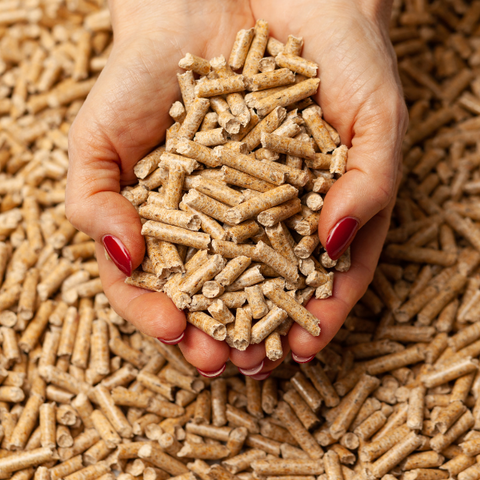
3. Grit for Calcium and Digestion
In addition to their regular feed, chickens also need access to grit. In a previous article, we covered how to make homemade grit to get premium quality eggs.
Chickens don't have teeth, so they need grit in their gizzards to help break down and digest their food effectively. Grit also serves as a source of calcium, which is essential for eggshell formation. Providing access to grit ensures that your hens can process their food properly and maintain their overall health.
4. Occasional Treats: Mixed Grains and Seeds
Chickens need a good diet of food and grit, but it's also good to give them treats sometimes. Mixed grains and seeds can be a tasty snack, but they don't provide all the nutrients you need. You should only give them in moderation and should not replace their primary feed. These treats can be a fun way to interact with your flock and provide them with some extra enjoyment.

In conclusion, understanding the different feeds that hens require throughout their lifetime is essential for raising healthy and productive chickens. Starting with chick crumb and progressing to growers' and layers' mash or pellets ensures that your hens receive the right nutrients at each stage of their development. Additionally, providing access to grit and offering occasional treats can contribute to their overall well-being and happiness. By catering to their nutritional needs, you'll have a flock of happy, healthy hens that lay delicious eggs for years to come.
